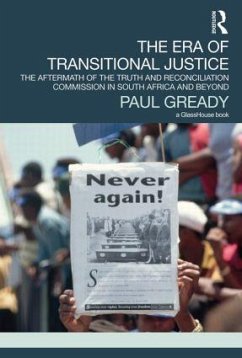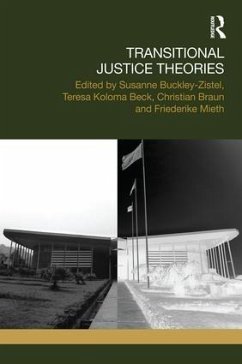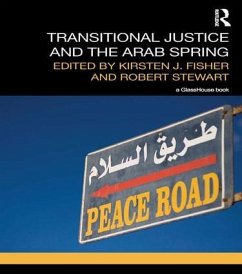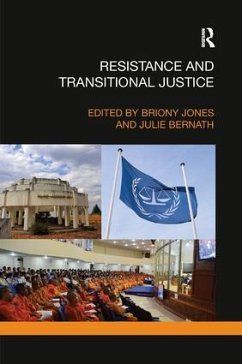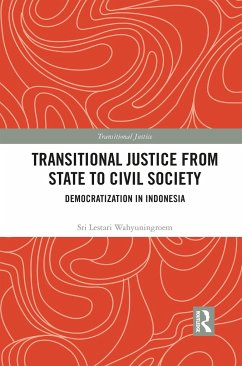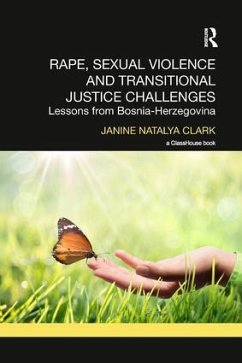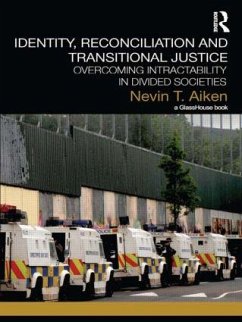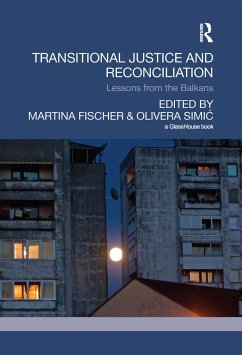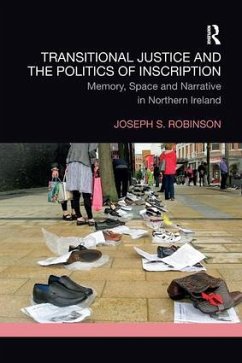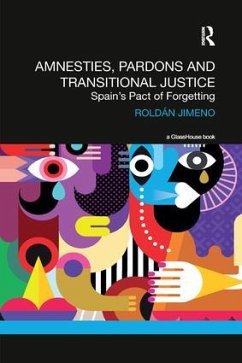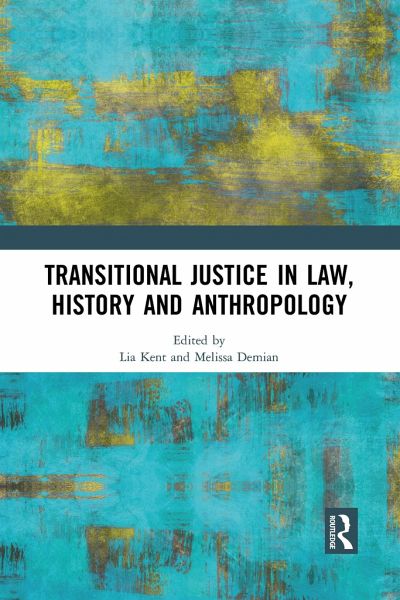
Transitional Justice in Law, History and Anthropology
Versandkostenfrei!
Versandfertig in 1-2 Wochen
55,99 €
inkl. MwSt.
Weitere Ausgaben:

PAYBACK Punkte
28 °P sammeln!
Transitional justice seeks to establish a break between the violent past and a peaceful, democratic future, and is based on compelling frameworks of resolution, rupture and transition. Bringing together contributions from the disciplines of law, history and anthropology, this comprehensive volume challenges these frameworks, opening up critical conversations around the concepts of justice and injustice; history and record; and healing, transition and resolution. The authors explore how these concepts operate across time and space, as well as disciplinary boundaries. They examine how transition...
Transitional justice seeks to establish a break between the violent past and a peaceful, democratic future, and is based on compelling frameworks of resolution, rupture and transition. Bringing together contributions from the disciplines of law, history and anthropology, this comprehensive volume challenges these frameworks, opening up critical conversations around the concepts of justice and injustice; history and record; and healing, transition and resolution. The authors explore how these concepts operate across time and space, as well as disciplinary boundaries. They examine how transitional justice mechanisms are utilised to resolve complex legacies of violence in ways that are often narrow, partial and incomplete, and reinforce existing relations of power. They also destabilise the sharp distinction between 'before' and 'after' war or conflict that narratives of transition and resolution assume and reproduce. As transitional justice continues to be celebrated and promoted around the globe, this book provides a much-needed reflection on its role and promises. It not only critiques transitional justice frameworks but offers new ways of thinking about questions of violence, conflict, justice and injustice. It was originally published as a special issue of the Australian Feminist Law Journal.




